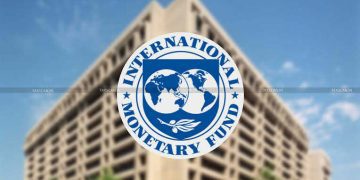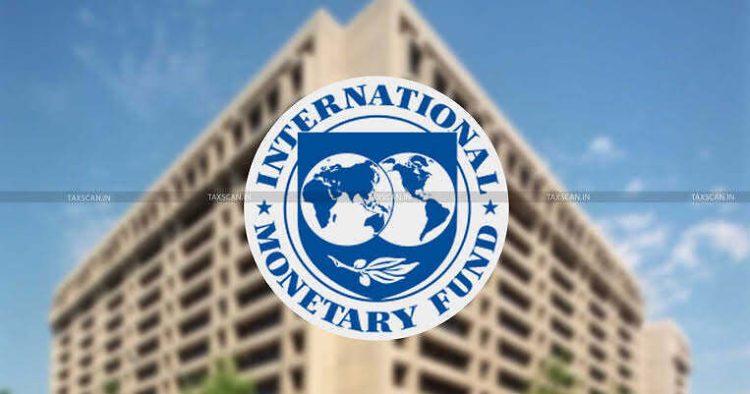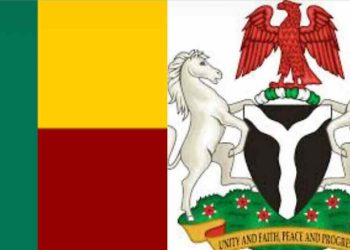The International Monetary Fund (IMF) has credited Nigeria’s recent progress in curbing inflation to improved revenue collection, enhanced transparency in foreign exchange (FX) reserves, and stronger monetary policy actions.
Jason Wu, Assistant Director in the IMF’s Monetary and Capital Markets Department, disclosed this on Tuesday during the launch of the Global Financial Stability Report at the ongoing IMF/World Bank annual meetings.
Wu said Nigeria’s inflation rate had declined from over 30 percent last year to 23 percent this year, reflecting the combined impact of fiscal and monetary reforms.
“In addition to monetary policy actions, revenue collection has improved in Nigeria, and transparency in terms of FX reserve positions has improved,” Wu noted. “All of this has contributed to lower inflation and improved FX reserves. So, the direction of travel appears to be positive.”
However, he cautioned that despite signs of recovery, Nigeria and other sub-Saharan African economies remain vulnerable to external shocks, particularly if foreign investments reverse.
“While growth has been fairly strong, previous capital flow surges and retrenchment cycles could reoccur, exposing vulnerabilities,” he said. Wu urged countries to strengthen fiscal and monetary fundamentals, boost revenue mobilisation, and pursue effective debt management.
Also speaking, Tobias Adrian, Financial Counsellor and Director of the IMF’s Monetary and Capital Markets Department, said exchange rate flexibility remains essential for economic resilience.
“A depreciating exchange rate is not necessarily a bad thing. It may actually help restore equilibrium,” Adrian said, commending Nigeria’s recent efforts to strengthen its monetary policy framework and promote transparency.































